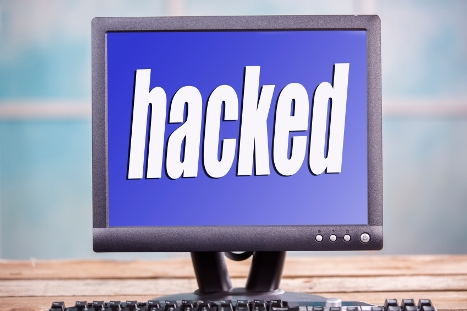 An Israeli security agency hacked into Russian antivirus firm Kaspersky Lab in 2015, providing the crucial evidence required to ban the company from providing services to the US government.
An Israeli security agency hacked into Russian antivirus firm Kaspersky Lab in 2015, providing the crucial evidence required to ban the company from providing services to the US government.
While the Israeli spies were inside Kaspersky’s systems, they observed Russian spies in turn using the company’s tools to spy on American spies. That information, handed to the US, led to the decision in September to end the use of the company’s software across the federal government by December.
The revelation answers some questions about the unfolding saga around Kaspersky Lab, a previously well-regarded information security firm founded in 1997 by Russian national Eugene Kaspersky. It seems to demonstrate why the US believes Kaspersky software was involved in the hacking of an NSA contractor in 2015, as well as narrows down the nature of Kaspersky Lab’s supposed involvement in the Russian operation.
But it still leaves many further questions unanswered. Crucially for Kaspersky, the Israeli hack apparently failed to provide enough information to determine whether it was a willing, or even knowing, participant in the Russian espionage.
Kaspersky vehemently denies being involved in any Russian spying activities
From spying on the Russian government hackers, Israeli intelligence has discovered that the hackers were using Kaspersky Lab anti-virus software to spy on US spies.
Back in 2015, Israeli intelligence officials hacked into Kaspersky systems and discovered the presence of an improvised search tool used to search computers worldwide for mentions of code names of American intelligence programmes.
While the case of spies spying on spies has only come to light now, the Israeli intelligence officials revealed their findings to the US which moved to ban the use of Kaspersky’s software on US government computers.
The use of this improvised search tool hidden in Kaspersky software appears to have been responsible for classified documents being stolen from the NSA.
It is as yet unclear on whether Kaspersky was involved in aiding the Russian hackers, or if the hackers simply used Kaspersky’s software as a backdoor onto computers worldwide that use the anti-virus.
Given anti-virus software generally has access to almost all the files on a computer in order to scan them for malicious code, a backdoor into it could effectively turn it into a hacker’s super weapon.
Kaspersky says No!
Kaspersky strongly denies any involvement in the hacking, with a spokesperson telling us: “Kaspersky Lab was not involved in and does not possess any knowledge of the situation in question.”
“Kaspersky Lab reiterates its willingness to work alongside US authorities to address any concerns they may have about its products as well as its systems, and respectfully requests any relevant, verifiable information that would help the company in its own investigation to certifiably refute the false accusations.
“Kaspersky Lab has never helped, nor will help, for any government in the world with its cyber-espionage efforts, and contrary to erroneous reports, Kaspersky Lab software does not contain any undeclared capabilities such as backdoors as that would be illegal and unethical.”
There is a strong chance that Russian hackers had breached Kaspersky Lab’s software without the cyber security company knowing it. And given such Russian hacking operation were discovered some time ago, there’s a chance that Kaspersky may have patched a backdoor, if it indeed existed, as part of its regular software updates.
It is very likely that more details of the Russian hacking operation will crop up over due course, but as it stands there is only room for speculation and paranoia at the moment.
But Kaspersky Lab chief executive Eugene Kaspersky is willing to work hard to show that his company in innocent in such hacking, as he has said he is willing to give US access to his company’s source code in an  attempt to dispel rumours about ties to the Russian government.
attempt to dispel rumours about ties to the Russian government.
Source: Cyber Security Intelligence






















